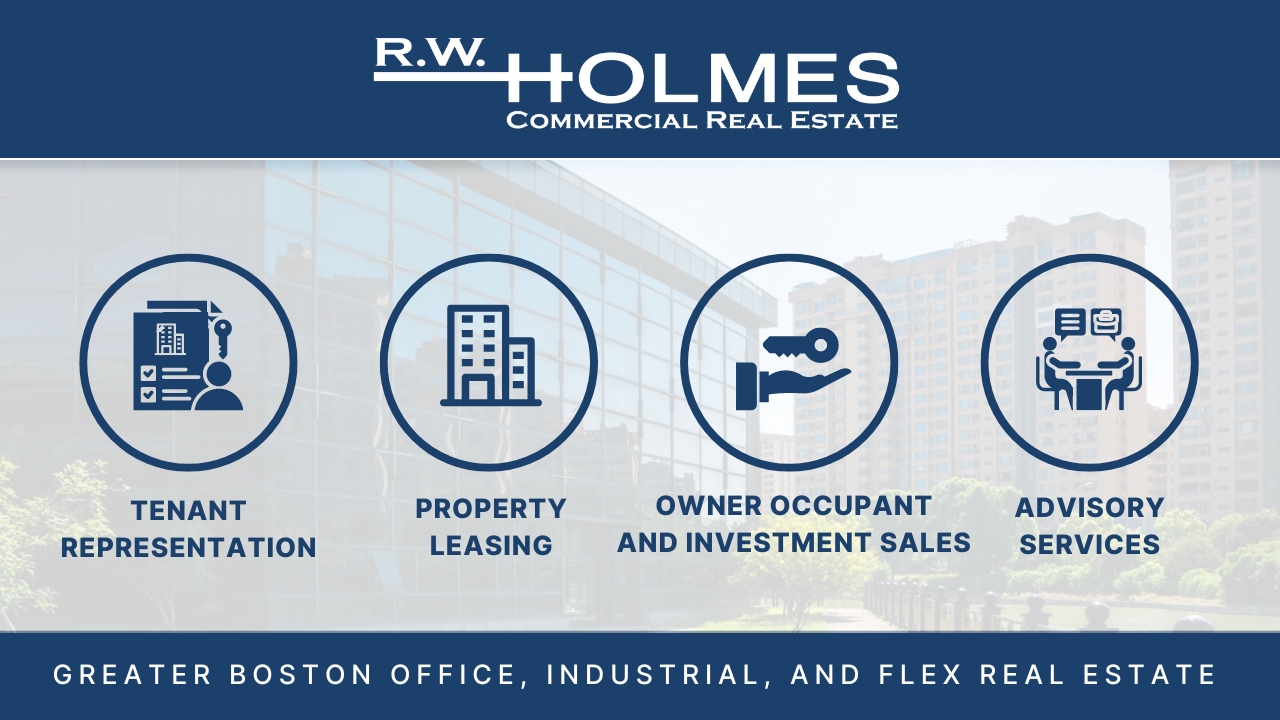WASHINGTON–After more than a decade successfully leading The American Institute of Architects (AIA), EVP/Chief Executive Officer Robert Ivy, FAIA, announced he will retire at the end of 2021.
“Robert’s leadership and vision have been instrumental in successfully moving the organization forward through challenging times, realigning its values with today’s membership, and positioning the organization to address society’s most pressing challenges, including climate action and racial and ethnic equity,” said AIA 2021 President Peter Exley, FAIA. “He will leave behind a legacy that has enhanced the standing of architects and laid the foundation that is critical to creating a more welcoming and inclusive profession for the future.”
Appointed in 2011, Ivy has overseen major changes within the organization: digital transformation across all its platforms; Board of Directors restructuring to encourage nimble debate and decision making; an ongoing public awareness campaign; a reconstituted philanthropic foundation; and a consistent, assertive public voice based on architects’ values. Rebounding from the challenging 2008 economy, under his tenure, AIA achieved fiscal stability and growth and reached 95,500 members residing in over 200 chapters and components in the United States and around the world — its highest total membership level since the association’s founding more than 160 years ago.
“My overarching goal has been to position the association and this profession of passionate, talented members for the 21st century,” said Ivy.
Ivy’s charge included leading the AIA through recent, turbulent years in the larger society, a period during which the AIA took strong stands on urgent matters facing contemporary culture, including climate action and racial equity. Ivy was instrumental in the AIA’s championing the positive and necessary role architects can play in issues such as sustainability, resilience, school safety, immigration, infrastructure, and shoring up the pipeline for present and future architects by addressing equity, diversity, and inclusion in the profession and society.
With his encouragement, the association diversified its business interests during this period. Consequently, AIA created a Manufacturer’s Council, in collaboration with leading building product manufacturers, to improve the communication between designers and manufacturers. Additionally, AIA partnered to develop outside investment in its intellectual property for specification-writing as well as significant, strategic investment in its large design and construction-related contract documents business, ensuring growth and technological development in this legacy enterprise.
A vocal advocate for architects, and an architect himself, he also served as a convener and contributing board member, bringing together allied and related groups to address central questions facing the design and construction industry, both globally and domestically. As an example, a roundtable of leaders in related fields from other associations committed to improving the built environment now encompasses 53 signatory companies focused on resilience.
A former award-winning editor of Architectural Record and corporate leader with McGraw-Hill in New York, Ivy came to Washington having led McGraw-Hill’s design and construction media during exponential growth and recognition. A published author, critic, teacher, and lecturer, he has remained active in architectural history and criticism.
The AIA Board of Directors, under Exley, has retained the executive search firm Spencer Stuart with the goal of naming a new EVP/Chief Executive Officer prior to the end of the year. A search committee has also been formed, which will be chaired by AIA 2020 President Jane Frederick, FAIA. Additional information about the search will be forthcoming in the near future.




















